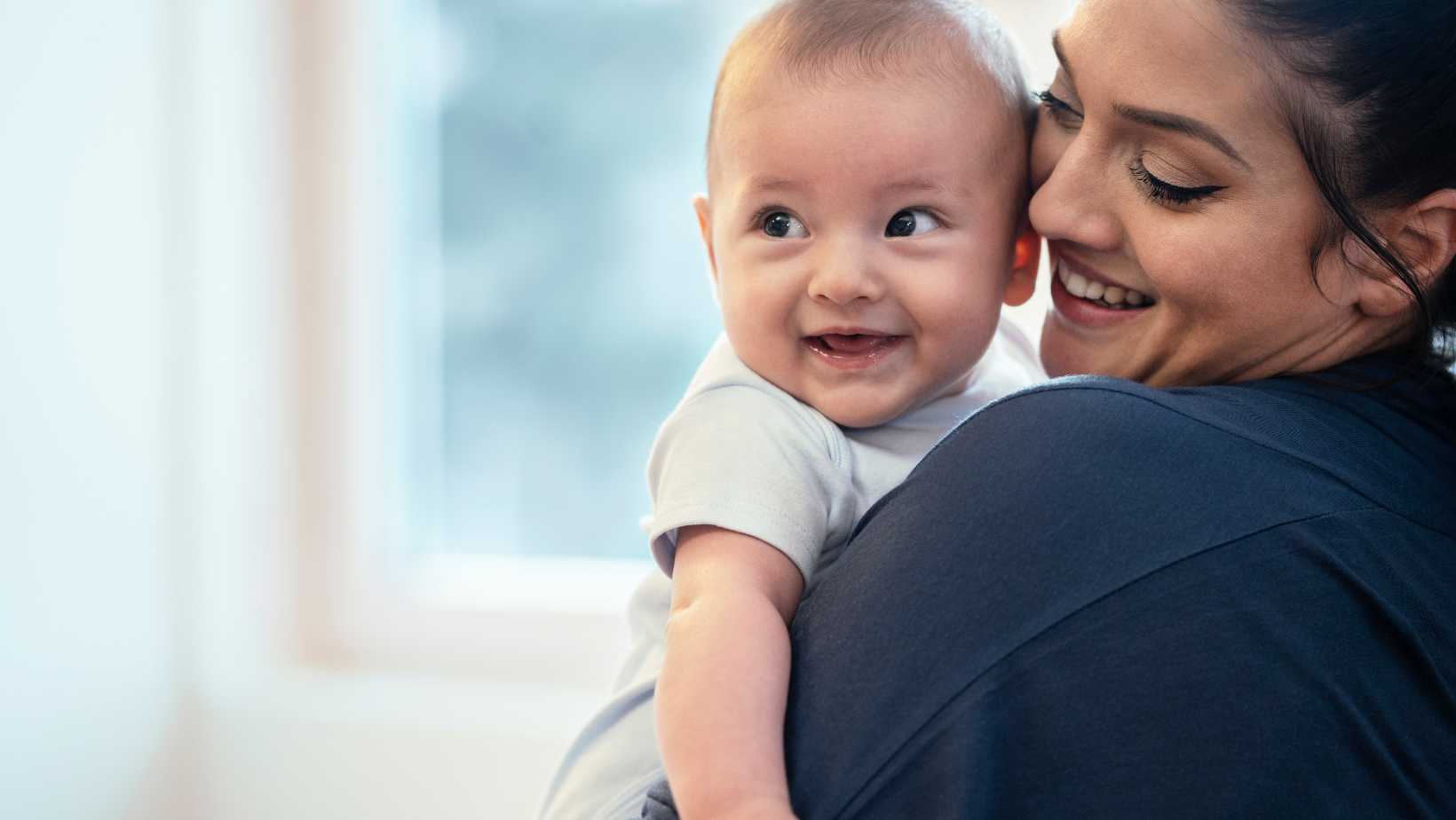There’s a magical moment every new parent eagerly anticipates – the first time their baby reaches out for them. This simple gesture signifies a major developmental milestone and creates an unforgettable bond between parent and child. But when do babies start reaching for mom ?
In this article, we’ll delve into the exciting world of infant development, focusing particularly on the stage when do babies start reaching for mom. We’ll explore the science behind this milestone, the factors that influence it, and how parents can support their child’s development. So, whether you’re a new parent or a seasoned one, stay tuned for an enlightening journey into the fascinating world of baby milestones.
When Do Babies Start Reaching for Mom
While the act of a baby reaching out to their mother signifies more than physical development, it’s also an indication of emotional attachment and cognitive growth. This act initiates the phase of recognizing and forming a bond with their caregiver.
Typical Age Range for Reaching Out
 Generally, babies start to reach out for their mothers between the ages of 4 and 6 months. It’s during this span that the majority of infants exhibit the ability to recognize their mother, show signs of familiarity, and express the desire to be close to them by stretching out their arms.
Generally, babies start to reach out for their mothers between the ages of 4 and 6 months. It’s during this span that the majority of infants exhibit the ability to recognize their mother, show signs of familiarity, and express the desire to be close to them by stretching out their arms.
Consider, for instance, a 5-month-old baby who raises their arms and leans towards their mother. It’s not merely an act of physical strength. It’s a milestone marking their growing emotional connection, and it also showcases the development of their fine motor skills.
Variances in Individual Development
While the 4-6 month mark serves as an average estimation, there’s a vast range of normal when it comes to the onset of this behavior. Each baby, with their unique physiological and neurological development, progresses on their timeline.
Take two babies, for instance: One starts reaching out for their mother at 4 months old, while the other initiates this behavior at 7 months. Neither scenario indicates anything out of the ordinary. The variance underscores the uniqueness of each child’s developmental journey.
Factors That Influence Baby’s Reaching Behavior
Genetics and Individual Temperament
Every baby inherits a unique combination of genes from their parents forming their individual genetic code. It, in conjunction with the baby’s temperament, often influences their development, including reaching behavior. Temperament refers to how the baby reacts to the world around them, including their parents’ interactions. Babies with laid-back temperaments might reach out to mom slower than their more active counterparts.
The Role of Environment and Stimulation
Aside from genetics and temperament, a baby’s environment and the level of stimulation they’re exposed to plays a fundamental role in catalyzing reaching behavior. The amount of time mom spends interacting with the baby, the range of toys provided to the baby, and even the vibrancy of those toys can all contribute to stimulating a baby’s desire to reach out.
Encouraging Your Baby to Reach for You
In the endeavor to stimulate a baby’s reaching behavior, several methods exist. These encompass a wide range of strategies from interactive gameplay to providing pleasant, responsive environments.
Interactive Play to Promote Motor Skills
Engaging your baby in play stimulates their physical development, including reaching capabilities. Incorporate various toys, such as rattles or stuffed animals, into playtime. Bright, colourful toys with contrasting patterns grab a baby’s attention, urging them to stretch their little hands towards it. For example, slowly moving a brightly colored toy across their line of sight can prompt them to move their hand towards it.
Must Know
It’s clear that babies’ reaching behavior is a key milestone in their emotional and cognitive development. When do babies start reaching for mom isn’t just a physical action, but a sign of burgeoning emotional connection and bonding with their parents. Remember, every child’s development is unique, influenced by genetics, temperament, environment, and stimulation.
